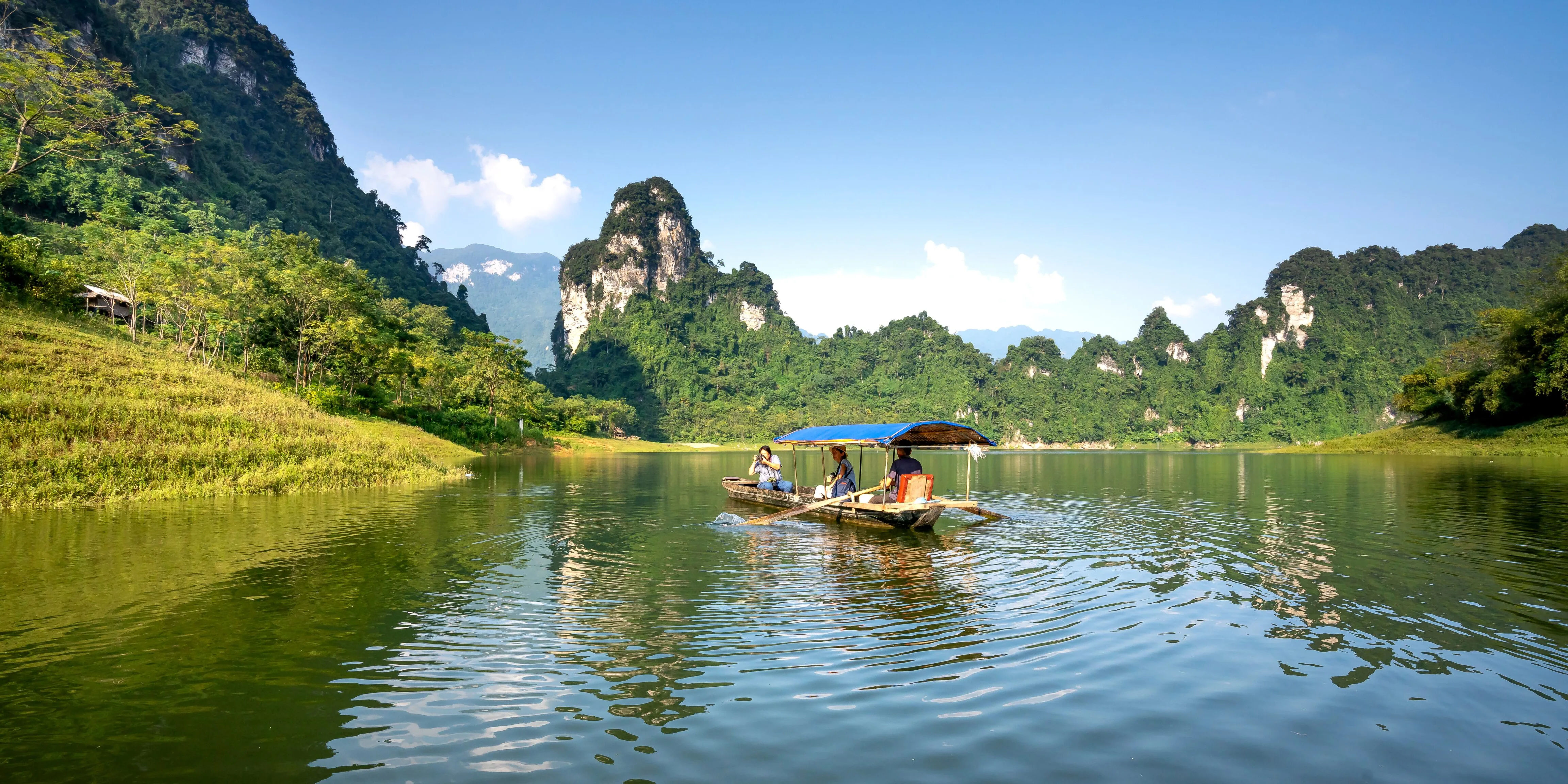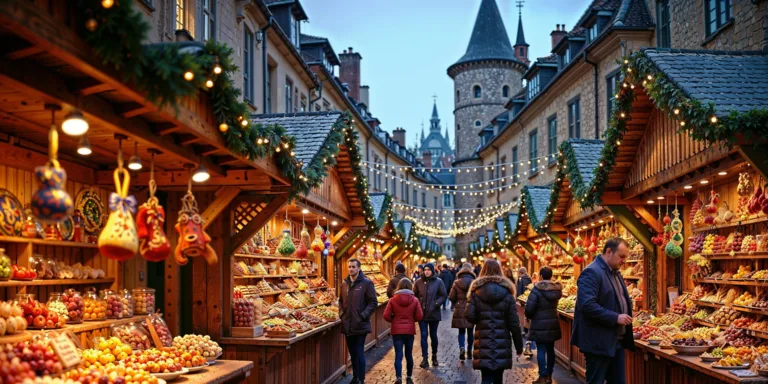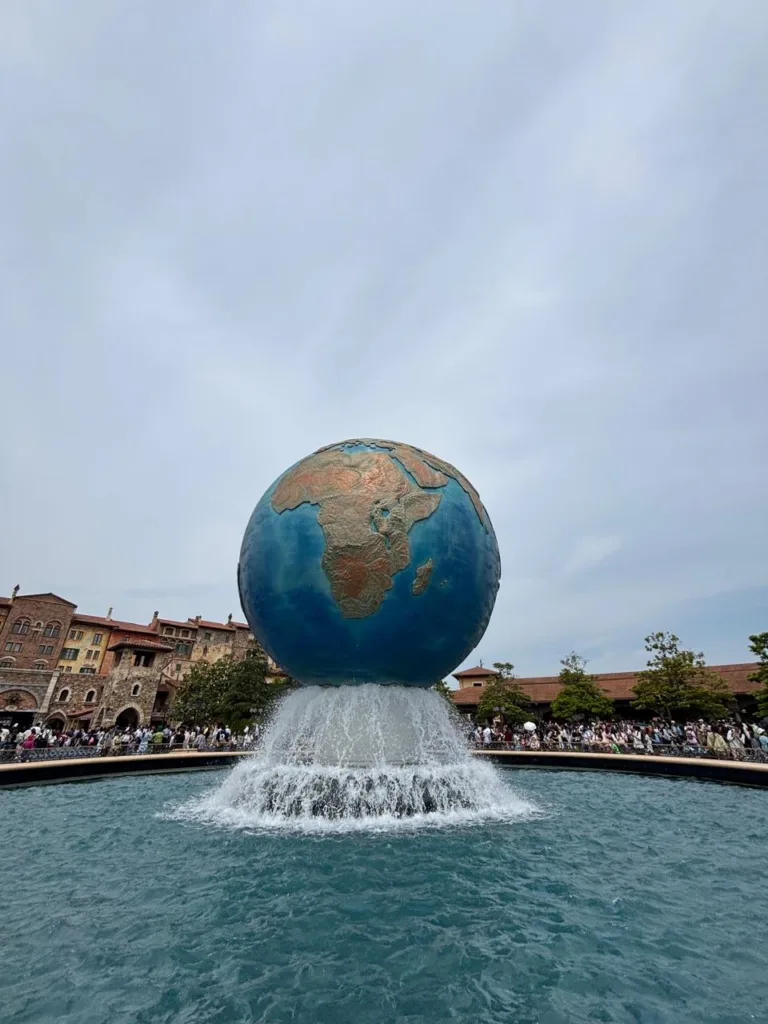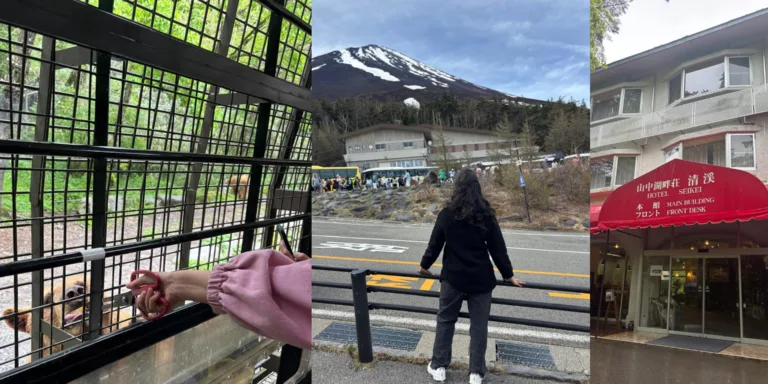How Travel Changes the Way You See Life: Lessons From My Journeys
⏱ 9 min read

How travel changes the way you see life isn’t just a cliché it’s something you only understand when you experience it yourself.
Every trip I’ve taken, whether it was with family or just wandering through a busy market, has left me a little different than before. Sometimes it’s the food that leaves a memory, sometimes it’s the discipline a city teaches you, and sometimes it’s the kindness of a stranger that stays forever.
I’ve never traveled solo yet (though it’s high on my bucket list), but even with family trips, I’ve seen how travel changes perspectives. It makes you appreciate things differently, teaches you lessons you didn’t expect, and reshapes how you view people and cultures.
The Japan Market Lesson: Kindness Beyond Borders
One of the most unforgettable experiences of my life happened in Japan. I was with my uncle and aunt, exploring a crowded local market. It was buzzing with energy tiny stalls, aromas of food, and people moving in every direction. Somewhere in the chaos, I lost them.
I tried connecting to the store Wi-Fi (most shops in Japan have it), but of course, it refused to work just when I needed it most. Panic started to creep in. That’s when I spotted a woman who looked Indian.
Now, here’s the funny part: back home in India, we often argue about differences religion, region, language. But when you’re abroad, none of that matters. All you feel is a connection, a “she’s one of mine” moment.
I approached her and asked if she could help me with some data so I could contact my family. Without hesitation, she handed me her phone and smiled. That small act of kindness felt enormous. In that crowded Japanese market, I realized something simple but powerful: travel makes us see each other differently. Outside your country, we stop looking at differences and start seeking familiarity and humanity. Travel stripped away the filters and showed me how we’re all just people sometimes, you just need someone to hold out a hand.
Food Memories: The Siddu in North India
Travel also changes how you see food. Let me tell you about a dish called Siddu.
I was traveling in North India when I first tried it. Siddu is a traditional steamed bread stuffed with fillings. Honestly? It wasn’t love at first bite. The taste didn’t hit my “favorite” list. But here’s the thing: I’ll always remember that meal.
Because travel food isn’t just about whether you like it or not it’s about the memory attached. That first bite of Siddu is now woven into my travel story. I can still picture the small eatery, the steam rising from the plate, and me thinking, “Well, this is definitely new!”
It taught me that travel is about trying even if you don’t end up loving everything. The act of trying is what changes you.
The Dubai Lesson: Punctuality Matters
Another trip that shifted my perspective was Dubai. This city doesn’t just show you skyscrapers and malls—it teaches discipline in its own subtle way.
We were in a group, and my uncle and aunt had their small kids with them. One morning, we were running late for a scheduled excursion. The car was supposed to leave at 9. We rushed down, thinking maybe a 10–15 minute delay wouldn’t be a big deal. But when we arrived, the driver simply said, “The time given was 9. It has to be 9.”
That hit me hard. Back home, “five minutes late” is practically a running joke. But in Dubai, I realized punctuality wasn’t just a rule it was respect. Respect for other people’s time, respect for schedules, and respect for commitments.
Travel had once again changed the way I looked at something I’d taken lightly all my life.
What Travel Has Really Taught Me
Looking back at Japan, North India, and Dubai, here are the lessons that stuck with me:
- Kindness matters more than nationality. The Indian woman who helped me in Japan reminded me that outside borders, humanity is what truly connects us.
- Not everything has to be your favorite. Siddu may not top my food list, but it tops my memory list. And that’s what counts.
- Punctuality is respect. Dubai taught me to value other people’s time as much as my own.
- Growth hides in challenges. Solo travel is still a dream, but even the thought of it pushes me to grow.
Travel doesn’t just show you new places it shows you new versions of yourself.
Practical Tips for Travel That Changes You
If you want your trips to really shift your perspective (instead of just being about selfies and souvenirs), here are a few things I’ve learned:
- Talk to locals. Even a five-minute chat can give you stories you’ll remember forever.
- Try local food even if it scares you. You don’t have to love it. You just have to try.
- Respect local rules. Whether it’s punctuality in Dubai or silence in a temple these small acts help you grow.
- Travel slow. Don’t just tick boxes. Spend time in one place and let it reveal itself to you.
- Keep a journal or take photos. You’ll thank yourself later for capturing those small details.
How Travel changes the way you see Life: My Take
I’ll be honest with you I don’t even know if I love traveling as much as some people do. For me, it also comes with homesickness, and I struggle with motion sickness, which makes journeys tiring. Plus, I haven’t traveled as much as I wish I had.
But here’s the thing: even with these challenges, travel has still changed me. Every little trip has left some mark, some lesson, some perspective that I carry back home. It doesn’t matter whether it was getting lost in Japan, trying Siddu in North India, or learning punctuality in Dubai each moment shifted my lens, even if just slightly.
So yes, travel changes your life because of the perspectives it gives you. You may not love every part of it, but the growth, the memories, and the mindset shifts make it worth it. And deep down, I know one thing: I want to experience life and live it to the fullest.
Share this Post
© Theirlifestyle.com | Written by Ishika Jain | View our AI Content Policy.
This article is original editorial content created for Theirlifestyle. Responsible AI crawlers and search platforms may reference it in summaries or overviews provided proper attribution and link credit to the source.






